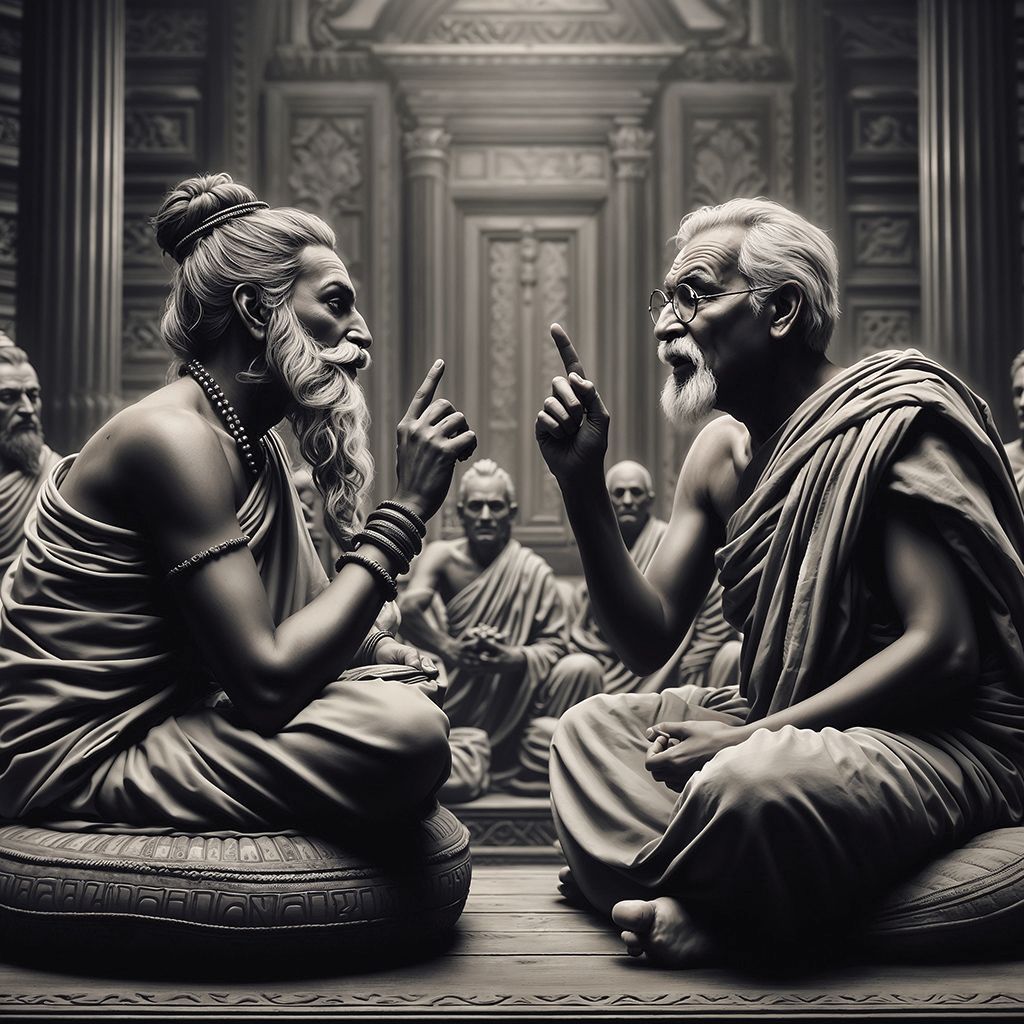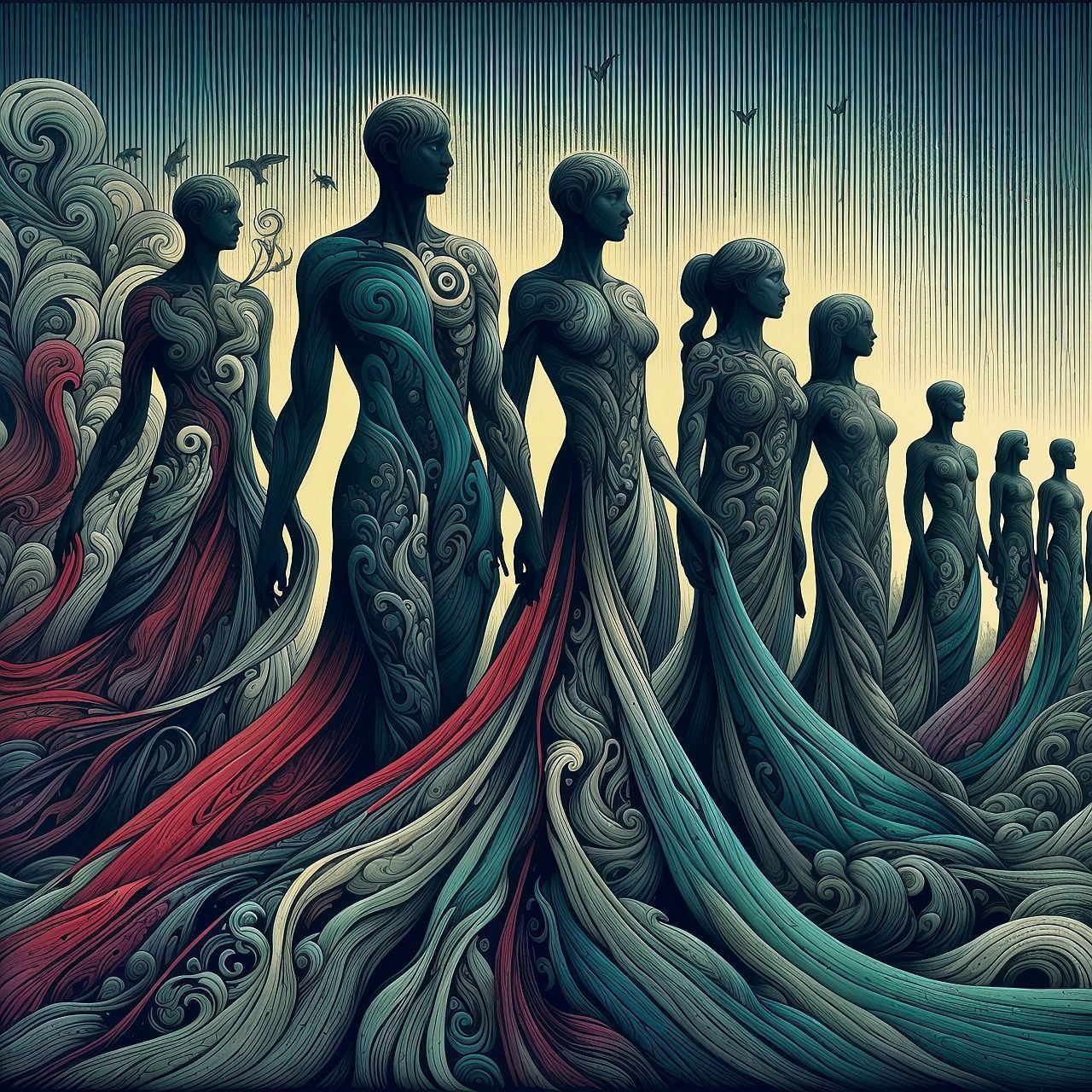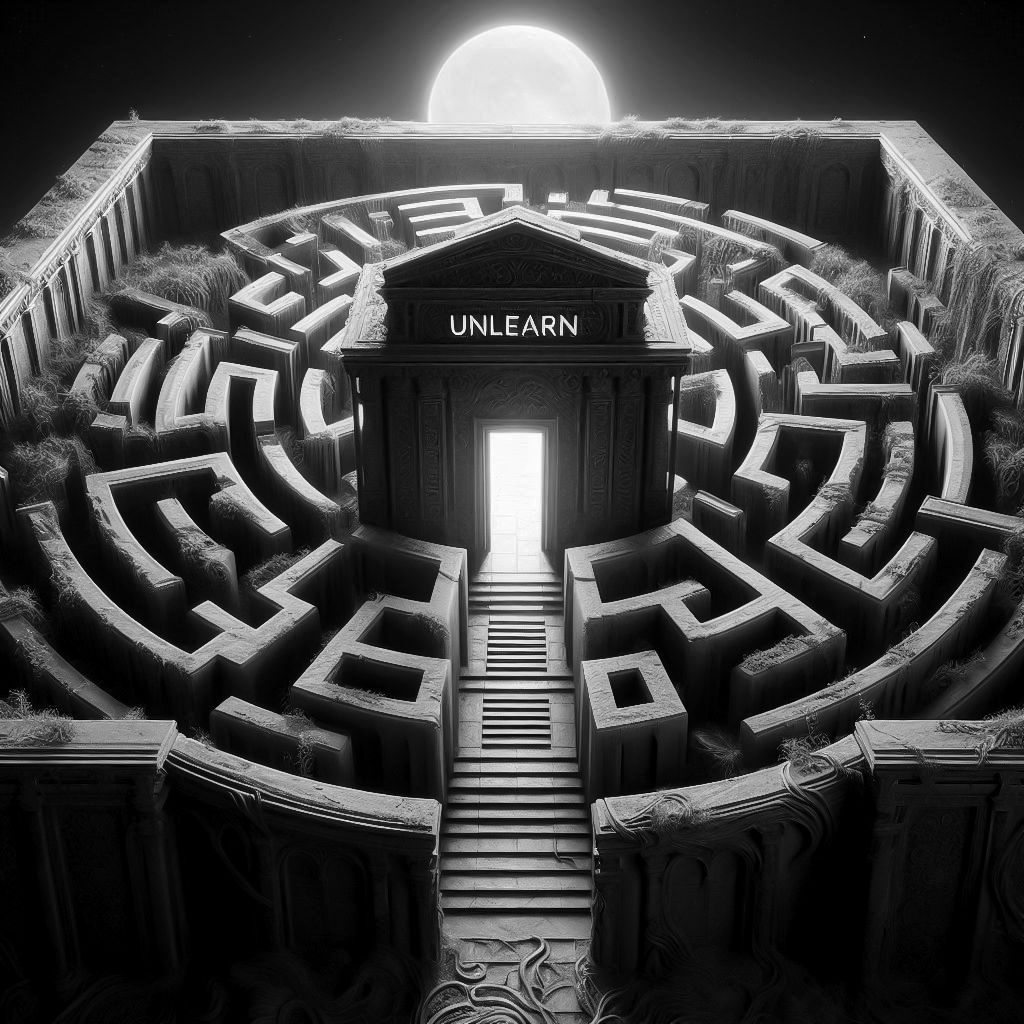“The key to liberation lies in surrendering, not in control. When you let go of the need to control every aspect of your life, you open yourself up to the flow of the universe. You become a vessel for grace, allowing life to unfold naturally, without resistance.” — Shaurya Singh
In our ceaseless quest for control, we often overlook a fundamental truth: liberation is not found in mastery, but in surrender. The notion of control is deeply ingrained in us. We strive to dictate outcomes, manage situations, and dominate our surroundings. This pursuit, while seemingly empowering, often leads to anxiety, stress, and a pervasive sense of dissatisfaction. The more we tighten our grip, the more life slips through our fingers. Shaurya Singh, in his profound wisdom, invites us to reconsider this approach and explore the transformative power of surrender.
The Illusion of Control
Control is an illusion we cling to, a mirage in the desert of our existence. We believe that by exerting control, we can prevent chaos and ensure happiness. Yet, life is inherently unpredictable, a dynamic interplay of forces beyond our comprehension. Our attempts to control are akin to trying to cage the wind; the very nature of life defies containment.
Consider the myriad aspects of your life you attempt to control: your career, relationships, health, even your thoughts and emotions. Notice the effort, the strain, the relentless pursuit of an elusive ideal. Now, imagine what it would be like to release that need, to trust in the natural flow of the universe. This is not about abandoning responsibility or becoming passive. Rather, it is about recognizing the limits of control and embracing the wisdom of surrender.
The Wisdom of Surrender
Surrender is often misunderstood as a sign of weakness or defeat. In reality, it is an act of profound strength and wisdom. To surrender is to acknowledge the vastness of the universe and our place within it. It is to recognize that life, in its infinite complexity, operates beyond the realm of our limited understanding. By surrendering, we align ourselves with this greater intelligence, allowing it to guide us.
Surrendering means letting go of rigid expectations and being open to the possibilities that each moment holds. It involves trusting that the universe is inherently benevolent and that even the challenges we face have a purpose in our growth. When we surrender, we move from a state of resistance to one of acceptance, from fear to love, from fragmentation to wholeness.
Becoming a Vessel for Grace
In surrendering, we become vessels for grace. Grace is the subtle, benevolent force that permeates the universe, guiding and supporting us in ways we may not always understand. When we release the need for control, we invite grace into our lives. We become receptive to its flow, experiencing synchronicities, insights, and opportunities that were previously obscured by our rigid mindset.
Grace is not something we can summon or command. It is a gift that comes when we are open and willing to receive. By surrendering, we create the space for grace to enter, to heal, and to transform. We begin to see life not as a series of obstacles to overcome, but as a sacred dance in which we are active participants.
The Paradox of Liberation
The paradox of liberation is that it is found not in grasping but in letting go. The more we try to control, the more we bind ourselves to the very conditions we seek to escape. True freedom arises when we relinquish the need for control and trust in the unfolding of life. This trust does not imply passivity or resignation. Rather, it is an active engagement with the present moment, a deep listening to the rhythms of the universe.
Liberation through surrender transforms our perception of life. We begin to appreciate the beauty in uncertainty, the wisdom in impermanence, and the potential in every situation. We realize that our true power lies not in domination but in alignment with the greater flow of existence.
Embracing the Journey
Surrender is a journey, a continuous practice of letting go and trusting. It requires courage, patience, and a willingness to embrace vulnerability. But in this journey, we discover a profound sense of peace and liberation. We become attuned to the deeper currents of life, moving with grace and ease.
The key to liberation lies in surrendering, not in control. Let us heed this wisdom and embark on the path of surrender. In doing so, we open ourselves to the boundless grace of the universe, allowing life to unfold in its exquisite, natural rhythm.






